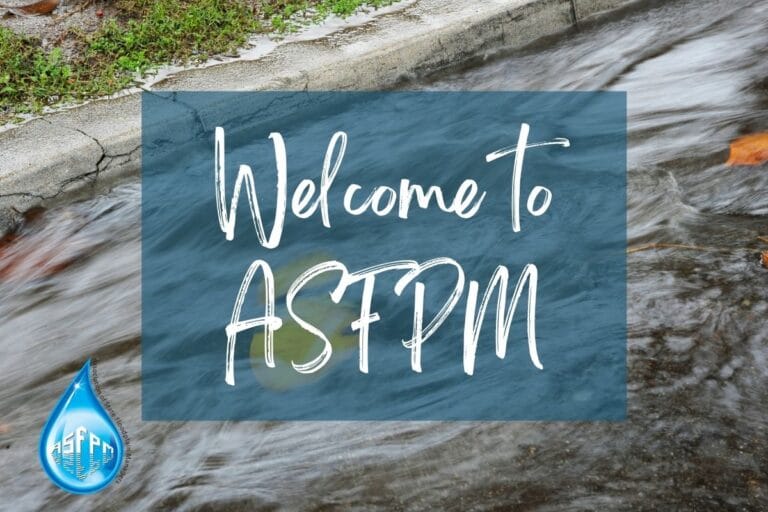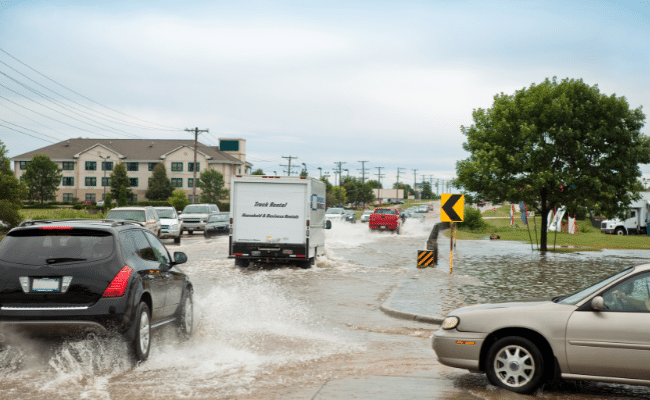ASFPM Joins Partners in Requesting Meeting with FEMA for NFIP Update
In an April 10 letter, ASFPM joined a coalition of non-government organizations in requesting a meeting with FEMA Administrator Deanne Criswell to discuss the agency’s progress on developing regulations to overhaul aspects of the National Flood Insurance Program (NFIP).
The letter notes that it’s been more than one year since the public comment period closed on the Request for Information regarding NFIP’s floodplain management standards for land management and use, and an assessment of the program’s impact on threatened and endangered species and their habitats. The RFI was the result of a petition filed by the Natural Resources Defense Council and ASFPM in Jan. 2021.
All 10 NGO’s that signed onto the letter also participated in the public comment period. (Read ASFPM comments here.) Since the RFI comment period concluded, the nation has experienced 28 major disasters for flooding; 18 of which caused at least $1 billion in economic losses. Hurricane Ian alone could result in the NFIP paying claims totaling as much as $5.2 billion. Also in that time, 3.4 million US residents have been displaced due to disasters.
In calling for long overdue NFIP reform, the letter states that “FEMA has consistently championed adoption and enforcement of stronger codes and standards yet has failed to take the one action it has sole control over — updating its own regulations — despite a clear statutory obligation to do so.” Notable also is that in the 2012 Biggert-Waters legislation, Congress directed key program changes and improvements that have yet to be addressed — including adding more robust mapping of 1% and .2 % annual chance flooding areas, and future conditions flood mapping.
The four-page letter urges FEMA to strengthen aspects of the NFIP around incorporating future conditions into flood mapping, promoting flood risk disclosure for home buyers and renters, and providing more direct and flexible flood mitigation assistance. In addition to ASFPM, the letter is signed by American Rivers, Anthropocene Alliance, Environmental Defense Fund, National Wildlife Federation, Natural Resources Defense Council, Southern Environmental Law Center, The Nature Conservancy, The Pew Charitable Trusts, and the Union of Concerned Scientists.


